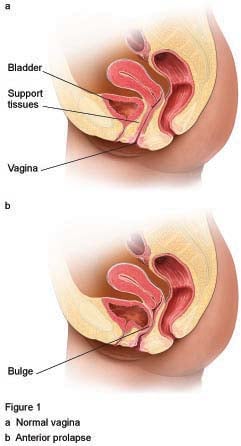This page will give you information about an anterior repair. If you have any questions, you should ask your GP or other relevant health professional.
Consultants and Clinic Times

Miss Rowena Bevan
MA (Cantab), MD, FRCOG Subspecialty Reproductive Medicine
Specialities
Gynaecology



Professor Stergios Doumouchtsis
MSc, MPH, PhD, FRCOG
Specialities
Gynaecology, Urogynaecology


Mr Demetri Panayi
MBBS(Lon) BSc(Hons) MRCOG
Specialities
Gynaecology, Urogynaecology
















